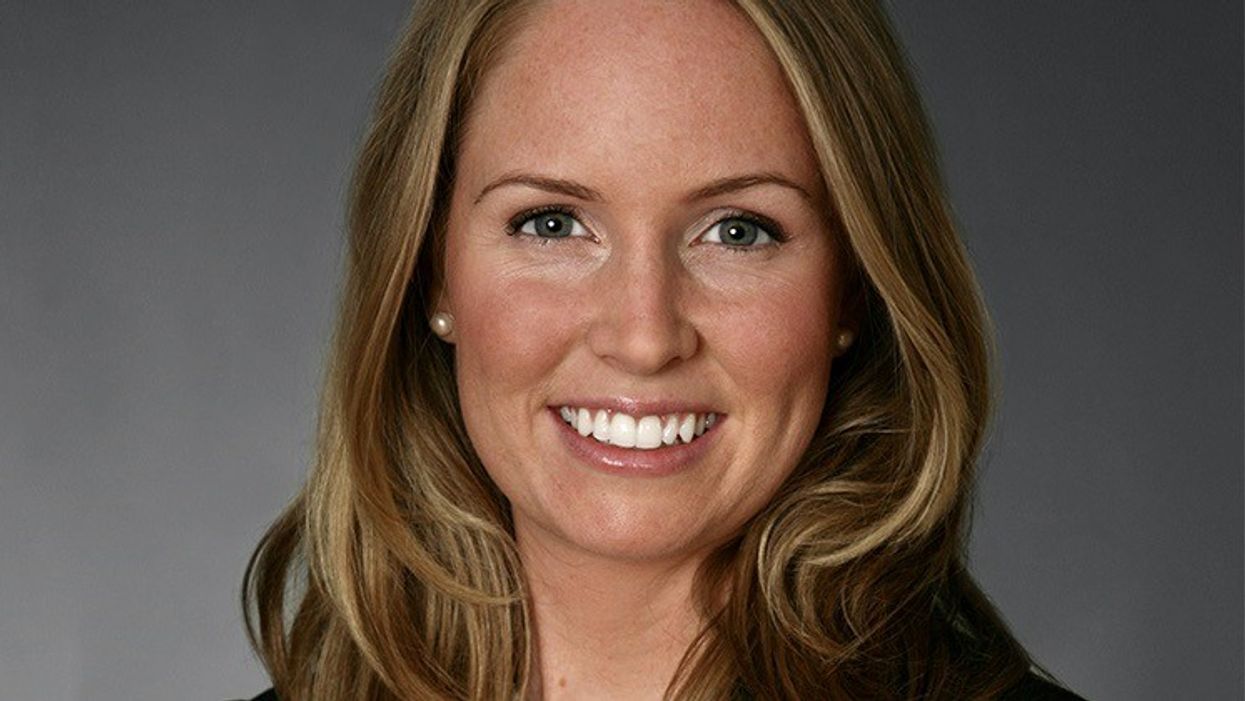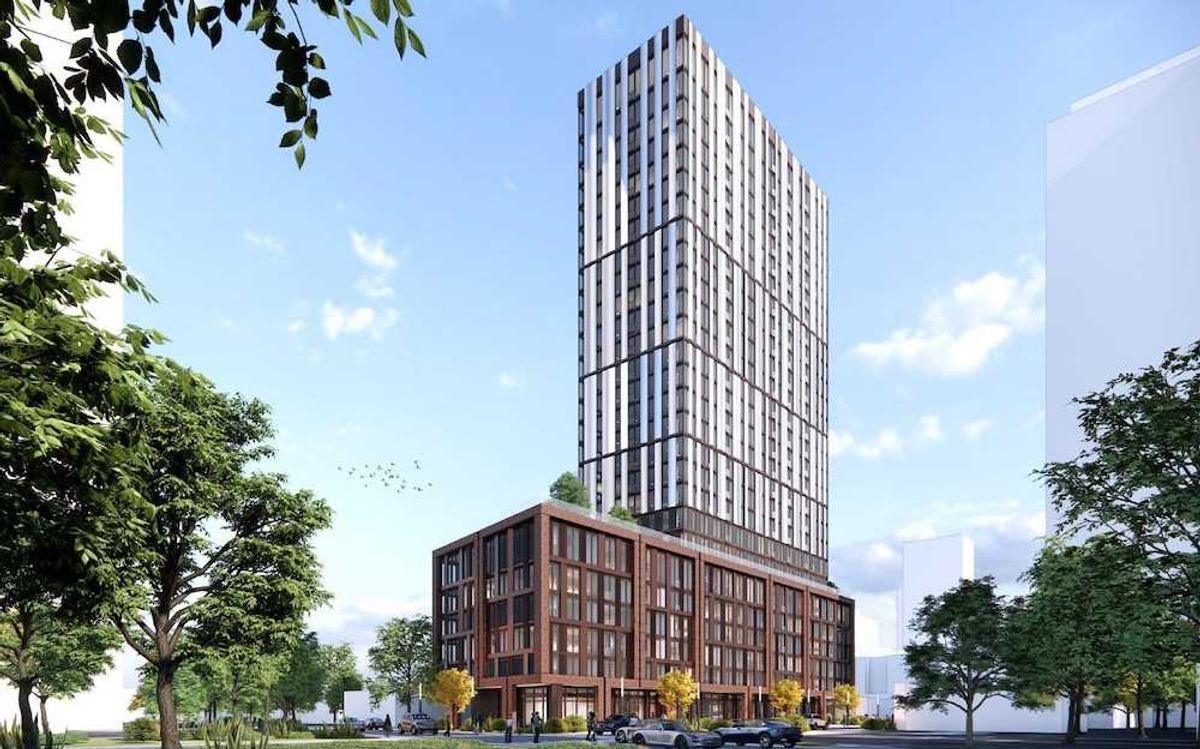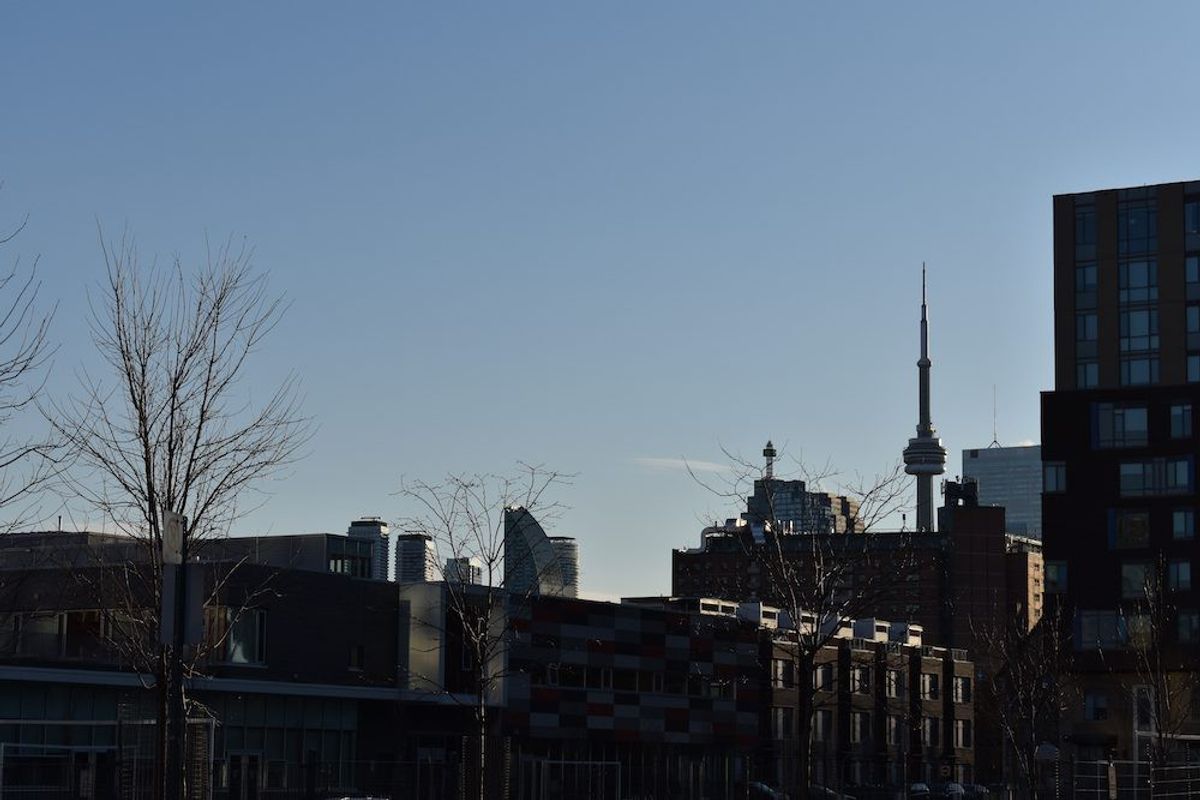Jenny Bosworth has been in real estate since 2009.
An agent with The Ophira Sutton Team, Bosworth got into the business after her boss at previous sales job told her she was so good at sales she should probably try selling something bigger. And her love of architecture and people has kept her in real estate to this day. Her more than 10 years of experience has no doubt helped to guide her not just through the first wave of COVID-19, but now into the second wave of the pandemic as well -- making her the perfect realtor to answer this week’s question.
What are you doing differently now that the second wave has arrived?
I’m not personally holding open houses right now, and I'm doing as much as one possibly can before walking through, so I’m really relying more heavily on virtual material. Prior to COVID-19, you’d show up to an open house and your client would be like, “This room is small,” and you’d explain that it was on the floor-plan, but that’s fine. Now it’s about figuring out in advance if there’s going to be a few really obvious things that might be deal breakers for your clients, so you’re not wasting any time (your own or your clients) going through houses that aren't even applicable. I’m concentrating much more on the properties my clients and I are even willing to see. When one comes up, I'm still making sure the seller or resident has vacated the property and I provide as much PPE as possible upon entry.
READ: Major Real Estate Associations Call for Suspension of Open Houses
I ran into a situation where the condo building had a rule that if Toronto dropped back a step from a previous phase of closures, the condo itself would not be allowing people to move in during that time. As a result, we had to include a clause in our contract in which the buyer acknowledged and agreed they were aware of this rule and they would still be responsible for closing on the property and taking it, even if they were not able to move in right way because it was out of the seller’s hands as to whether or not the condo board would allow them to move in. It had to do with booking the elevator, limiting congestion, and introducing new people into the building as COVID-19 cases were spiking. The condo corporation wanted to do that and that’s fine, but the seller didn’t want to find themselves in a position where the buyer says, “Hey, what do you want me to do here?” So we had to acknowledge it and expressly say that the buyer would close the deal, regardless of any shutdown, at the agreed upon closing date and they would move in when they could.
In condos, that’s something particular to the second wave.
In the first wave, condo boards had to wrap their head around what was happening and bring their rules up to date. Whereas now, they starting to say what they will and won’t allow based on what happened during the first wave. Condos seem to be affected more than houses right now. I have noticed in condos that the elevator bookings have become more difficult. Getting in and out has been really hard in some buildings and -- because the pandemic is this ever-changing thing -- it’s not just about what’s happening today; it’s knowing that things are constantly changing and protocol may not be the same tomorrow, let alone two or three weeks out.
Nobody is feeling confident that the market will be better tomorrow than it is today. There is this sentiment of selling at the top of the bottom of the market and people saying and thinking things like, “I better get out now while my property still retains some value.” With the first wave people thought, 'we have no idea where this will land', and likely believed it would be more short-term than it has proven to be. Whereas, with the second wave, people have had the last number of months to think about how much their lifestyles have changed, so they’re thinking about a plan that may have accelerated of may be moving to a bigger space, or out of the city or downsizing because we can’t afford our current place since one of us lost their job. Their need to move may have increased with the fear that this is as good as it gets and we don’t want to get stuck. Sellers are asking, “Am I crazy not to sell right now because it’s not going to get any better?” and buyers are asking, “Am I crazy to buy right now because it’s going to drop?” On both ends, you’re getting the hesitation on the buyer’s side and the motivation on the seller’s side. There are also the opportunists who are always kicking around for a deal and are wondering who on the market is desperate. There are always people who love a good desperate seller and are hopeful that somebody just needs to sell and they can get things at a deep discount.




















